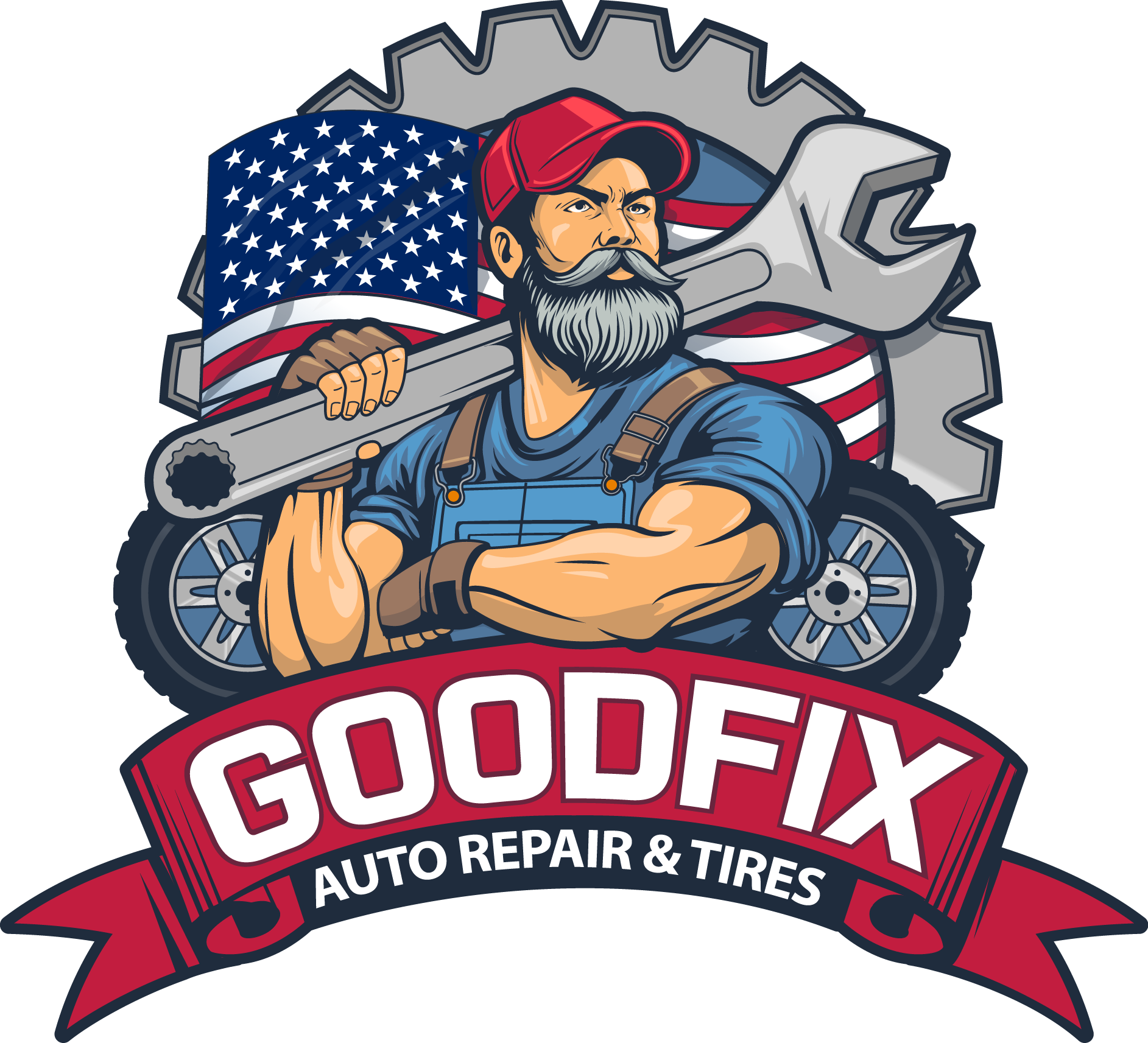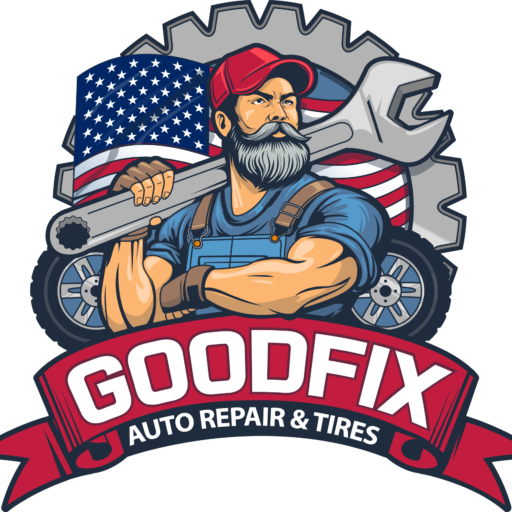Brakes
What our brake service includes
A brake job can include replacing brake pads or shoes, rotors or drums, and flushing or exchanging brake fluid. It may also involve fixing leaks in the brake lines or diagnosing a brake warning light.
The exact service depends on the condition and wear of each part. Often, brake work needs to be done on both front and rear wheels to maintain balance. Your vehicle’s systems are designed to work together, so it’s important that components remain in sync.
A full brake inspection should check all connectors, brake components, dashboard indicators, fluid quality, and hydraulic pressure in the lines.
Here are some common signs that may point to brake issues. Keep in mind, your brakes are a critical safety component of your vehicle and should be inspected and repaired without delay.
Dashboard warning lights – Illuminated Check Engine, ABS, or BRAKE lights can indicate brake system issues.
Brake fluid leaks – Any signs of fluid leakage should be addressed right away; a slow or unresponsive pedal is often a sign of trouble.
Unusual noises – Squealing, grinding, or hissing sounds during braking could mean worn brake pads, rotor issues, or problems with the brake fluid system.
Vibrations while braking – Shaking or vibrations may point to warped rotors, while a pulsing pedal could simply be the ABS activating.
Spongy or soft brakes – A spongy brake pedal often indicates air or issues in the brake fluid lines or worn brake shoes.
Overly stiff brakes – Hard or “brute” braking may be caused by contaminated fluid, a failing master cylinder seal, or a faulty brake booster.
Engine stalling or misfiring – These could be symptoms of a malfunctioning power brake booster.
Vehicle pulling to one side – If your car pulls during braking, it may be due to uneven hydraulic pressure or faulty brake components.
Choose Your date & Time and Book Instantly

Get Your Brakes Checked Today!
Book your service hassle-free by choosing your preferred date and time online and securing your appointment with our expert mechanics today.
Frequently Asked Questions
How do I know when my brake pads need to be replaced?
You might notice squealing or grinding noises when braking, a longer stopping distance, or a vibrating brake pedal. If you experience any of these, it’s time to get your brakes checked.
How often should I have my brakes inspected?
It’s a good idea to have your brakes inspected at least once a year or every 12,000 miles, whichever comes first, to catch any issues early and keep everything working safely.
What happens if I ignore a brake warning light?
Ignoring a brake warning light can be dangerous. It could indicate low brake fluid, worn pads, or other problems that affect your ability to stop safely. Have it checked as soon as possible.
Can I just replace the brake pads, or do I need new rotors too?
Sometimes just the pads need replacing, but if the rotors are warped or damaged, they’ll need to be resurfaced or replaced to ensure smooth braking.
Is it normal for brakes to feel different in hot weather?
Yes, heat can cause brakes to feel less responsive or make noises. But if you notice persistent changes in braking performance, have a professional take a look.
Get In Touch With Us Today!
We service and maintain vehicle braking systems

